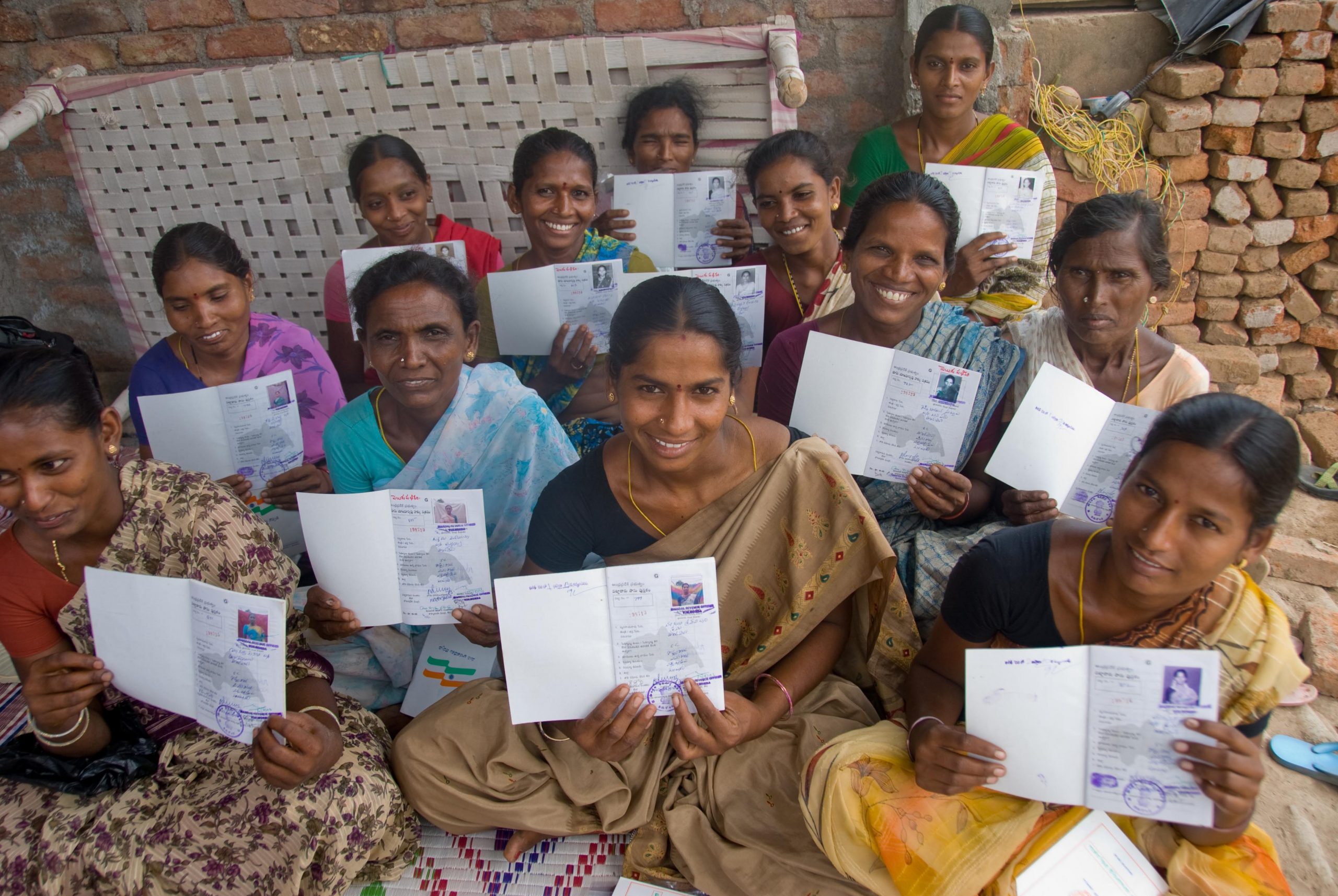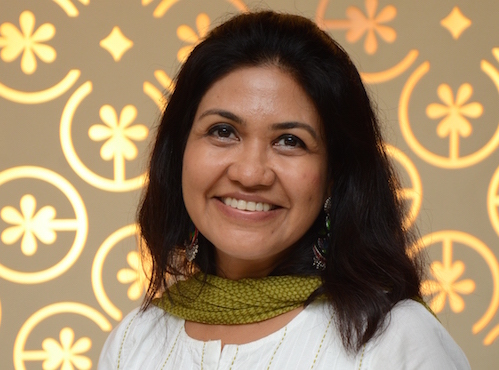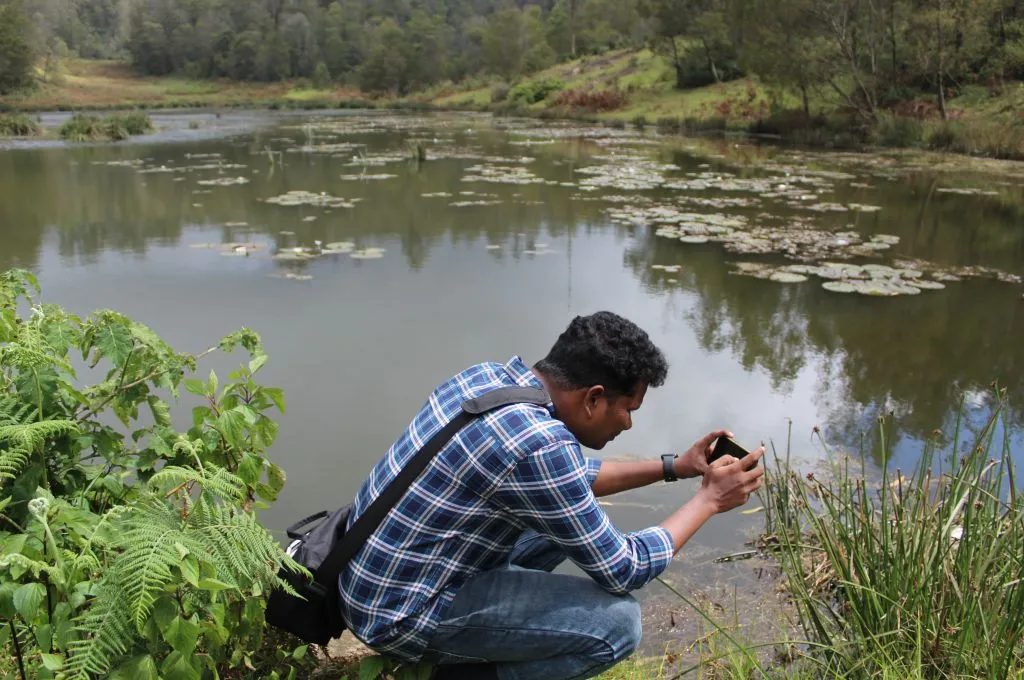Philanthropy is a journey. People have to experience various aspects of the sector in order to reach their own full potential.
Thoughtful philanthropy entails exposure, education and, finally funding. And a philanthropist must go through all these stages to ensure a meaningful contribution to whatever cause they choose.
When wealthy individuals jump to the funding stage too quickly, without adequate exposure to or knowledge of the sector, their giving becomes transactional and therefore limited in what it can achieve.
We went on a journey ourselves
If I look at my experience and that of EdelGive’s, we started in a very naïve and simplistic way. In hindsight, it seemed to have worked; but if I were to do it again, I might do it differently.
EdelGive was born out of stray conversations–one of my colleagues had introduced me to someone grappling with philanthropy. And as my colleague wondered if she should be thinking about giving more systematically, it set me thinking whether I should too.
We had already done much in an ad hoc manner, but that conversation got me thinking about how we could structure giving with capacity building.
Related article: Why funders must invest in organisational capacity
We owe our biggest learning in our initial years to the Edelweiss investment committee, which questioned our ideas and decisions with so much rationality that it forced us to evaluate if we were being too emotional.
After some tussle, cold rationality and heartfelt emotion met at a midpoint that ensured that every case we presented to the committee from then on combined conviction and logic.
When we started our grant-making, we couldn’t even have thought of funding advocacy within an organisation, leave alone funding a pure advocacy nonprofit, because we wouldn’t have been able to make a rational case for it internally.
In the first few years we spent time getting to know the grantee organisation and understanding the policy advocacy dimension of the work they did. Once we were able to see the value and also experience the impact it could have, we developed the confidence to fund even those programmes that were pure advocacy.

Photo courtesy: Child Rights and You
The importance of funding advocacy
Masoom, a nonprofit that works with night schools, is a case in point. Masoom’s biggest challenge when they started was that night schooling wasn’t even part of the government’s agenda. Their first task was to get BMC to open the schools at night–the classrooms, the science labs and the computer labs. That was the first point of advocacy.
Then they asked for night schools to be included in the purview of Rashtriya Madhyamik Shiksha Abhiyan (RMSA) so that the benefits could accrue to these students too. Today, Masoom is battling a bigger problem, with the government questioning whether night schools are useful at all. And this has happened because we didn’t do enough of the right kind of advocacy.
Programmes you support can unravel because you haven’t worked with government and helped them see the need and value of the work being done.
The continuous investment in specific advocacy over the last few years has however built the ability of Masoom to work closely with government, who has now recognised the importance and role played by night schools in helping adolescent out-of-school children complete their primary education.
We now believe that advocacy is critical from a sustainability perspective. Programmes or organisations you support can unravel because you haven’t worked with government and helped them see the need, value or effectiveness of the work being done.
Additionally, as practitioners on the ground, nonprofits can influence dialogue around policy. Their voices also need to reach the government.
Many of our country’s most robust and progressive policies are a result of advocacy. Funding advocacy entails supporting research and reports that seem two steps removed from on-the-ground action. Over time, though, momentum gathers around a particular thought and it then becomes policy; as was the case with Centre for Civil Society.
Many of our country’s most robust and progressive policies are a result of advocacy.
Many people are unaware of what went into making POCSO (Protection of Children from Sexual Offences Act) or PWDVA (Protection of Women from Domestic Violence Act) or the Vishakha Guidelines happen. Such laws and guidelines can take 20 years of work before they become a reality. For 20 years though they need to be funded. But when the law is enacted, it can be world-changing.
How do you make the journey?
Many nonprofit leaders who have worked long and hard on policy change have strong views on issues they advocate for; it’s what makes them successful in the first place. However, philanthropists are not used to this approach and attitude, and tend to be put off.
Be ready to listen to very different views, be respectful of those views.
We have to prepare funders for these initial conversations. We tell them, “Be ready to listen to very different views, be respectful of those views. The founders of these organisations may have extremely strong views and you must be prepared for that.”

Photo courtesy: Landesa
It is very important for new philanthropists to understand where the organisation is coming from–why was it started, what shaped its DNA, what makes this group of people effective?
Thus, to understand a nonprofit like Majlis, it is important to hear about their first case–that of the four-year-old girl they first fought for in a school in Kalina, Mumbai. It helps funders understand what Majlis does and why they do it.
The more privileged we are, the more disconnected we are likely to be from society. We don’t know how the average person lives because we are so distanced from it.
Before setting out on my first field visit to Solapur, Nimeshbhai (of Caring Friends) asked me if I would be okay to travel by train. I wondered why he had asked me this question because there is basically no other way to go there. But a lot of people do have these reservations.
It is easier and better to go to a local nonprofit that works on visible service delivery programmes such as primary health, education or livelihoods than going to an organisation in Solapur.
Getting into advocacy straight away doesn’t work for the philanthropist and it doesn’t work for the nonprofit either. Similarly, we would not take Majlis to a first-time funder, unless the funder has gone through a journey of their own and experienced a few organisations.
Presenting AALI as a potential grantee for funders exploring gender for the first time is also not ideal. But once the funder has been exposed to gender programmes for a while, they will immediately see the importance of AALI in the larger canvas of impact. To repeat: exposure and education are key
Related article: The opportunity for new philanthropy
While we embarked on this journey slowly and through trial and learning, there are also examples of funders who have supported advocacy from the get-go. This approach does however, entail a great deal of early investment, in terms of resources and time, in building the right strategy and approach. It also needs maturity and risk-taking, in backing ideas that will not yield short term results or may be difficult to measure.
Ashish Dhawan came in having done research for over a year before he formally set up Central Square Foundation (CSF). He met people in the sector, went overseas and looked at all the education-related models across the world. CSF therefore started with advocacy and policy at the very outset, along with experiments on the ground.
The Azim Premji Philanthropic Initiatives (APPI) is another example. They spent a great deal of time defining where they would focus their energies. Therefore, their idea of doing things is much more evolved.
Advocacy should figure in the repository of any funder’s philanthropic strategy.
Advocacy should definitely figure in the repository of any funder’s philanthropic strategy. The build-up to it is however very important.
The approach that worked for us was to make small investments in building an advocacy team within our partner nonprofits before graduating to funding advocacy as an integral part of our strategy and funding advocacy-only partners.





